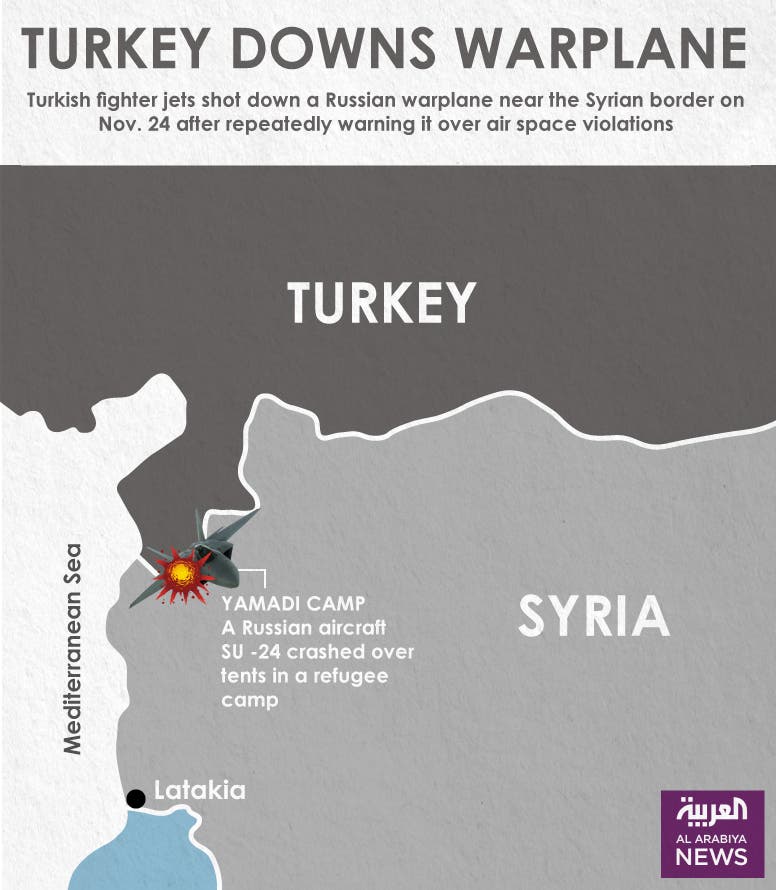Russia Building New Military Bases On Islands Claimed By Japan
MOSCOW — Russia has begun building two modern military compounds on the far eastern Kuril islands, defence minister Sergei Shoigu said Tuesday, heightening long-running tensions with Japan over the disputed islands.
Russia is “actively carrying out construction of military compounds on the islands of Iturup and Kunashir,” Shoigu said at a meeting with military top brass, according to the ministry’s website.
Relations between Moscow and Tokyo have been strained for decades because of the status of the four southernmost islands in the Kuril chain, known as the Northern Territories in Japan.
Some 19,000 Russians live on the remote rocky islands, occupied by Soviet troops in the dying days of World War II.
The two countries have never officially struck a peace treaty and the lingering tensions over the issue have hampered trade ties for decades.
The Russian ministry said the new military buildings would help “raise the combat readiness of troops on the eastern frontiers of Russia.”
Altogether, Russia plans to put up 392 pre-fabricated buildings on the islands, including schools, kindergartens, leisure centres and dormitories, with construction work continuing through the winter.
“This year, the priority is finishing the most essential buildings and the engineering infrastructure” to receive troops and equipment, Shoigu said.
In September Russian Prime Minister Dmitry Medvedev visited the island of Iturup and surveyed troops there, angering Japan.
Russian Foreign Minister Sergey Lavrov has ruled out any compromise on the islands, telling his Japanese counterpart Fumio Kishida in September that Tokyo must acknowledge “the postwar historical realities.”
Russia has recently poured in investments to the region and reconstructed the Japanese-built airport on Kunashir.
Russia adding 2nd airbase in Syria, pursuing ‘expansion’ in military campaign
FNC: Russia has expanded its military operations in Syria to include a second airbase as well as other posts, according to a U.S. official briefed on the latest intelligence from the region – even as President Obama expresses muted optimism that Russian President Vladimir Putin eventually will “shift” his strategy and work with the West.
Moscow’s presence has grown to a total of four forward operating bases, including recently added bases in Hama and Tiyas. But the most concerning to the Pentagon is the second airbase in Shayrat which can support fixed-wing aircraft, greatly expanding Russia’s capability for airstrikes, which began on Sept. 30.
“The Russians are operating helicopters out of Shayrat airport, but they are making [preparations] to land fixed-wing aircraft,” another U.S. official confirmed to Fox News.
Shayrat is located 25 miles outside of the Syrian city of Homs, an hour drive from neighboring Lebanon.
Since September, Russia has based its warplanes and helicopters at Basel al-Assad airbase in Latakia, one of the last remaining Assad strongholds along the Mediterranean coast. While the Pentagon cannot confirm any Russian military jets have landed at Shayrat, there are reports Russia has landed aircraft in the past few hours.
Russia’s two other forward operating bases are used to land its attack helicopters employed to defend the Assad regime against Syrian rebels.
But when asked if the move to expand to a second airbase was defensive in nature in case Syrian rebels succeed in destroying the Latakia base, one of the U.S. officials pushed back.
“This is an expansion, not a defensive move at all,” the official said. He said Syrian rebels were nowhere close to taking the Russian airbase in Latakia.
The expansion comes as Russia spars with other world powers over its Syria approach.
While the Obama administration is trying to persuade Moscow to focus its efforts on taking out Islamic State targets, Russia is known to be targeting U.S.-backed rebels tasked with weakening the Russia-backed Assad regime. Obama acknowledged this during a press conference Tuesday, while also voicing hope that Russia at some point will cooperate.
While Russia’s military involvement has stoked tensions with the U.S., it has led to a direct confrontation with Turkey.
One Russian Su-24 strike aircraft was shot down by Turkey last week – and on Monday, the U.S. State Department for the first time publicly backed Turkey’s claims that the Russian warplane had entered Turkish airspace.
A Russian Mi-8 transport helicopter then sent to rescue the downed pilots was destroyed with a U.S.-made TOW anti-tank missiles by Syrian rebels. After those incidents, the Russians now have 31 warplanes and 15 helicopters – thought to be at Latakia.
Obama, discussing Putin’s calculations, said Tuesday that the situation in Syria is “not the outcome he is looking for.”
But critics will point to Russia’s expanding influence – not just in the Middle East but in eastern Ukraine, since Russia annexed Crimea and sent troops into eastern Ukraine to support a separatist movement in 2014. The Obama administration had vowed to isolate Russia over the incident.
Obama said in October he does not want a proxy war in Russia, but the CIA’s arming of rebels in Syria and Russia’s airstrikes indicates the U.S. is already engaged in one.
A senior defense official also said Turkey was “really pissed” when Russia bombed Turkmen rebels fighting Assad in Syria, ethnically tied to Turkey, and warned Russia on multiple occasions not to invade its airspace before shooting down the Russian Su-24 last week.
Obama, speaking in Paris Tuesday, alluded to the different sides the United States and Russia have taken in Syria’s civil war.
“So long as they are aligned with the regime, a lot of Russian resources will be targeted at opposition groups that will be part of an inclusive government that we support,” he said.









